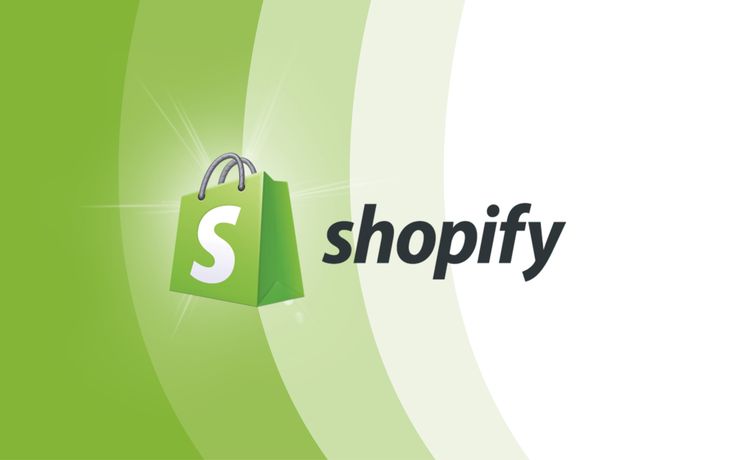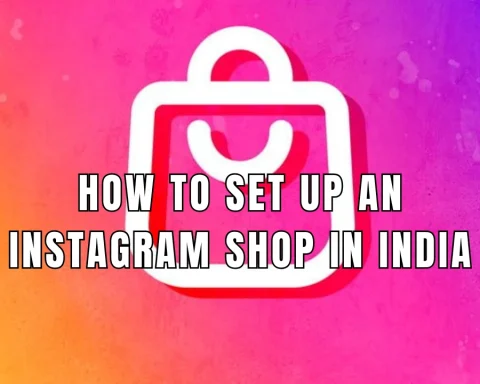Shopify has emerged as a dominant ecommerce platform, powering over 4 million online stores around the globe. For small business owners, it presents an accessible, scalable, and feature-rich solution that enables entrepreneurs to build a robust online store without requiring extensive technical skills or a large budget. This review examines the benefits and limitations of Shopify for small businesses, as well as some alternatives, to help you determine whether it’s the right choice for your enterprise. For additional insights on ecommerce trends, you might also explore Shopify’s Official Blog.
Benefits of Shopify for Small Businesses
Shopify stands out for its user-friendly interface that allows even non-technical users to quickly set up an online store. Its intuitive design means that small business owners can easily manage inventory, update product details, and organize items into collections without the need to hire specialized staff. The platform’s design emphasizes simplicity and efficiency, allowing users to focus on growing their business rather than getting bogged down by technical complexities.
One of Shopify’s most compelling advantages is its affordability and scalability. It offers a range of pricing plans—from the Starter plan to the Advanced plan—that cater to different business needs and budgets. This flexibility enables a small business to begin with minimal investment and upgrade as its needs grow. Moreover, Shopify provides an extensive ecosystem of over 8,000 apps, which enhances the functionality of your store. Whether you need tools for marketing, inventory management, or shipping, Shopify’s integrated apps offer valuable support to keep your online operations running smoothly.
The platform also excels in terms of security and reliability. With features like SSL encryption and PCI-DSS compliance, Shopify ensures that customer data is protected, which is critical for building trust and credibility. Additionally, Shopify’s impressive uptime and 24/7 customer support provide small business owners with peace of mind, knowing that help is always available when needed. For more details on Shopify’s security features, you can visit the Shopify Help Center.
Limitations and Concerns
Despite its many advantages, Shopify is not without its drawbacks. One of the primary concerns for small businesses is the potential for additional costs. While the basic subscription plans are reasonably priced, small businesses may find that expenses add up when accounting for premium apps, plugins, and transaction fees. This can be particularly challenging for startups with limited budgets. Moreover, if you ever decide to switch platforms, the migration process from Shopify can be complex due to its proprietary system. This ecosystem lock-in can make it difficult for businesses to transition to another provider if their needs change.
Another limitation is the platform’s reliance on third-party apps. Although Shopify’s extensive app store offers great functionality, managing multiple subscriptions can sometimes hinder performance and increase overall costs. Additionally, while Shopify does include a blogging feature, it is relatively basic compared to platforms like WordPress, which might be a consideration for businesses that rely heavily on content marketing.
For a broader perspective on ecommerce challenges, you may wish to read insights from BigCommerce’s ecommerce review.
Alternatives for Small Businesses
If Shopify’s limitations cause concern, small businesses might consider alternatives such as Wix, BigCommerce, or WooCommerce. Wix eCommerce offers a budget-friendly solution with a user-friendly drag-and-drop interface, though it may not scale as well for larger stores. BigCommerce is geared more towards companies with advanced needs and a larger budget, focusing on built-in features over third-party integrations. Meanwhile, WooCommerce, an open-source plugin for WordPress, provides extensive customization options but requires technical expertise to manage. Each of these alternatives has its own strengths and may be better suited to different business models and technical capabilities. For a comprehensive comparison of ecommerce platforms, you can check out TechRadar’s Best Ecommerce Platforms.
Frequently Asked Questions (FAQ)
Many small business owners often wonder if Shopify is truly the best option for them. The answer is that Shopify’s ease of use, scalability, and extensive support make it an excellent choice for most small businesses. However, potential hidden costs from premium apps and the challenges of migrating away from Shopify are important factors to consider. Additionally, while Shopify’s user-friendly setup and robust security measures are significant benefits, its basic blogging capabilities might be a drawback for businesses heavily reliant on content marketing. Ultimately, the decision depends on your specific needs, budget, and long-term goals. If you require further clarity on these points, exploring user reviews and comparisons can provide additional insights.
Shopify is widely regarded as a top ecommerce platform for small businesses due to its user-friendly design, scalability, and comprehensive features. While there are some limitations—such as potential additional costs and a somewhat locked-in ecosystem—the overall benefits, including robust security, 24/7 support, and an extensive app ecosystem, often outweigh these concerns. Small businesses looking to establish a professional online store with minimal technical overhead will likely find Shopify to be a strong and reliable choice. As with any business decision, it’s important to evaluate your specific needs and consider alternative platforms like Wix, BigCommerce, or WooCommerce to determine the best fit for your unique circumstances.





